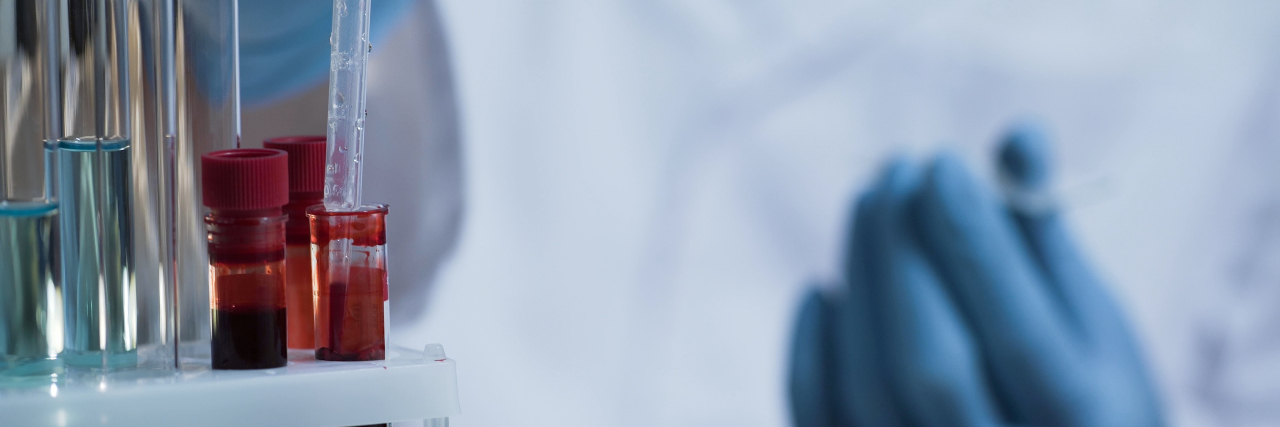Researchers Develop a Blood Test to Detect Signs of Multiple Sclerosis
As those with chronic illness know, getting a diagnosis isn’t always easy. It may require visiting multiple specialists, undergoing numerous tests and procedures or even being misdiagnosed once or twice before discovering the true cause of your symptoms. This December, researchers at the University of Huddersfield in West Yorkshire, England announced a new advance for those with multiple sclerosis: a blood test that can detect signs of the disease.
Multiple sclerosis is a chronic illness in which the immune system attacks the nerve cells in the central nervous system (including the brain and spinal cord) as well as the myelin that surrounds them. This forms scar tissue which can interrupt or distort signals sent between the CNS and the rest of the body, producing a wide range of symptoms.
The current method for detection requires collecting fluid from the brain and spine, which is invasive and often painful. The new diagnostic tool will only require a blood sample to check the levels of two natural biomarker compounds, sphingosine and dihydrosphingosine, which researchers have found to be significantly less concentrated in the blood samples of those with multiple sclerosis.
This isn’t the first time researchers have investigated potential diagnostic blood tests for MS. Other scientists from around the world have looked into different blood-based biomarkers such as long non-coding RNA or a nerve protein called neurofilament light chain to help determine whether or not a person has the disease.
This new blood test, developed as part of a doctoral project led by PhD student Sean Ward and supervised by University of Huddersfield’s Professor Michael Page and Dr. Nicholas Powles, should make it easier for doctors to diagnose their patients quickly and accurately.
The team is currently working with clinicians to implement the new test and hopes to complete their assessment early next year. Dr. Powles told The Mighty they plan on making the test available in the U.K., before bringing it to other countries.
Powles also believes the test should be relatively low-cost for patients. “I would estimate around £100 per test in the first instance,” he said. “However, until we have the clinical results we can’t be accurate on the costs.”
Although this blood test focuses on detecting signs of multiple sclerosis, the research team hopes to improve the diagnostic process for other illnesses as well.
“We are thinking about developing other diagnostic tests for various diseases that either have no definitive test or [are] currently difficult to diagnose,” said Powles. “With all these projects the difficulty we have is finding a representative sample set to compare the results to, but we are hoping to conduct larger-scale studies in the future.”
Photo via Motortion on Getty Images

